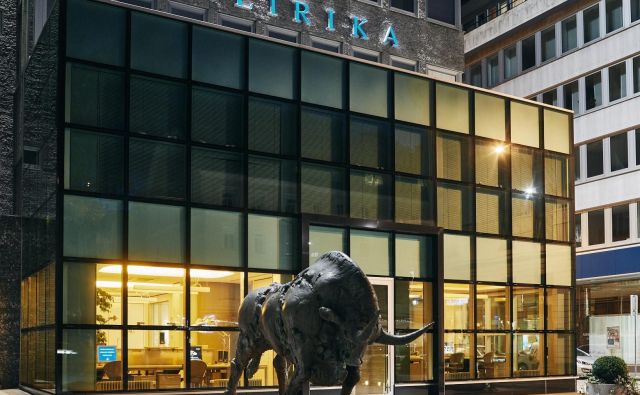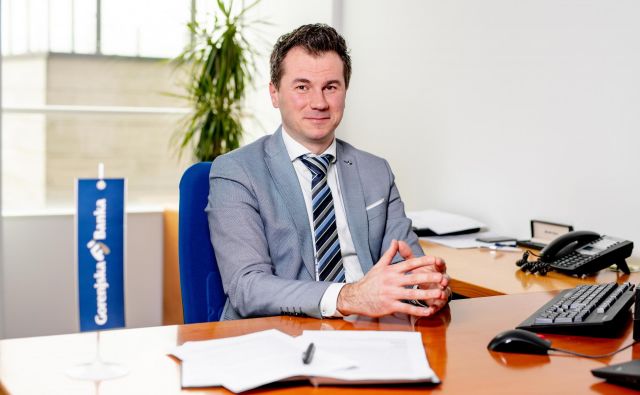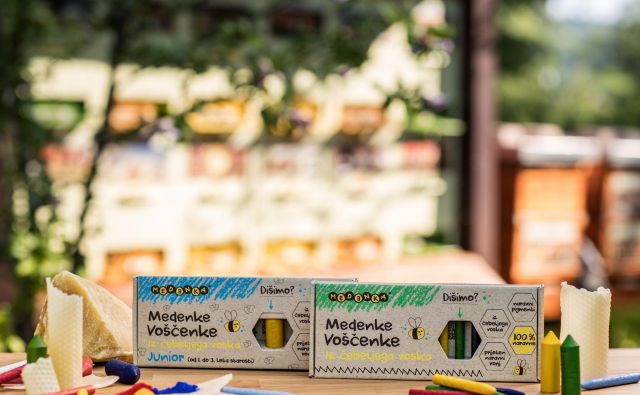BAUTA, Cuba - "I feel useful; I'm independent," said Ms. Álvarez, who opened a small cafe in November at her home in this scruffy town 40 kilometers from the capital, Havana. "When you sit down at the end of the day and look at how much you have
made, you feel satisfied."
Eagerly, warily, Cubans are taking up the government's offer to work for themselves, selling coffee in their front yards, renting out houses, making rattan furniture and hawking everything from bootleg DVDs to homemade wine.
In what could be the biggest remodeling of the state-run economy since Fidel Castro nationalized all enterprise in 1968, Cuba's government said it would lay off half a million of about 4.3 million workers by March and issue hundreds of thousands of new licenses to people wanting to join Cuba's tiny private sector.
By the end of 2010, the government had awarded 75,000 new licenses, according to Granma, the Communist Party's official newspaper.
That is still a long way from the amount needed to create alternatives for all the laid-off workers, and there is no guarantee that the market will support hundreds of thousands of freelancers.
But streets once devoid of commerce in towns like this and in Havana are gradually coming to life as people hang painted signs and bright awnings outside their houses and mount roadside stalls. An electronics engineer, who for years operated in the shadows, now publishes leaflets that claim he can mend every appliance under the sun. A practitioner of Santería sells beaded necklaces, ground sardines and toasted corn used in ceremonies at the tin-roofed shop in her yard.
Ms. Álvarez and her husband, Ivan Barroso, took out a license for the cafe and another to sell meat and fish. Now the couple does a brisk business serving soft white rolls filled with garlicky pork and fresh tuna for 60 cents at a wooden counter in the gateway of their house. Ms. Álvarez, a former school librarian who gave up work several years ago, runs the cafe with her stepson. Her husband, Ivan Barroso, goes fishing, culls pigs and delivers produce to clients.
"If you have the ability, the dedication to achieve something, you should enjoy it," said Mr. Barroso.
About 85 percent of all Cubans with jobs are employed by the state, earning about $20 per month in exchange for free access to services like health and education, and a ration of subsidized goods.
Fidel Castro allowed the private sector to take root in the early 1990s, after the collapse of the Soviet Union. Over the years, however, the government stopped issuing new licenses and suffocated many businesses with taxes and prohibitions.
Raúl Castro, who took over from his brother in 2006, says things have changed. In a speech in December, he urged the government and the Communist Party to help the private sector, not "demonize" it.
Many remain skeptical.
Juan Carlos Montes ran a private restaurant on the patio of his Havana home for five years but became worn down by overbearing inspectors and closed it in 2000. Now he is reluctant to try again.
"When someone who has made the same argument for more than 40 years suddenly changes their tune, you have to have a lot of faith to believe them," he said. Mr. Montes swears he will not open a new restaurant until there is a wholesale market.
"People can't get what they need to run a business," he said. "The carpenter has no wood. The electrician has no cable. The plumber has no pipes."
The government says it will set up a wholesale market - though it might take years - and this year will import $130 million worth of goods and equipment for the private sector. It is also planning microloans and business cooperatives and may allow people to buy and sell cars and houses.
For now, carpenters like Pedro José Chávez are allowed only to do repairs, rather than make things, because there is no legal market for wood. "It's absurd that they will give you a license to work but they won't give you access to materials," Mr. Chávez said. "Cuba is falling apart," he added, gesturing to the crumbling buildings nearby. "We could help rebuild it."
The list of 178 jobs currently open to selfemployed Cubans - among them, fixing parasols and mending bed frames - is highly specific and seems intended mainly to legalize and tax people working on the black market.
"There is a lot more to be done for the state to get out of the way and for people to produce and employ," said Ted Henken, an expert on the Cuban private sector at Baruch College in New York.
The government will also need to confront the question of civil and political rights that will emerge with the growth of a commercial class.
"There's no end to the chaos and demands of a private economy," Professor Henken said.
In the meantime, Ms. Álvarez and Mr. Barroso are relishing life on the almost-free market. "We have a habit of doing things poorly in Cuba, but competition is going to put this straight," Mr. Barroso said.
Cuban Savor Shift to Free Enterprise*
Marisela Álvarez spends much of the day bent over a single electric burner in her small outdoor kitchen. Her knees are hurting her. Her red hair smells of cooking oil. She hasn't felt this fortunate in years.
Objavljeno
14. februar 2011 18.01
 Tiskane izdaje
Tiskane izdaje























